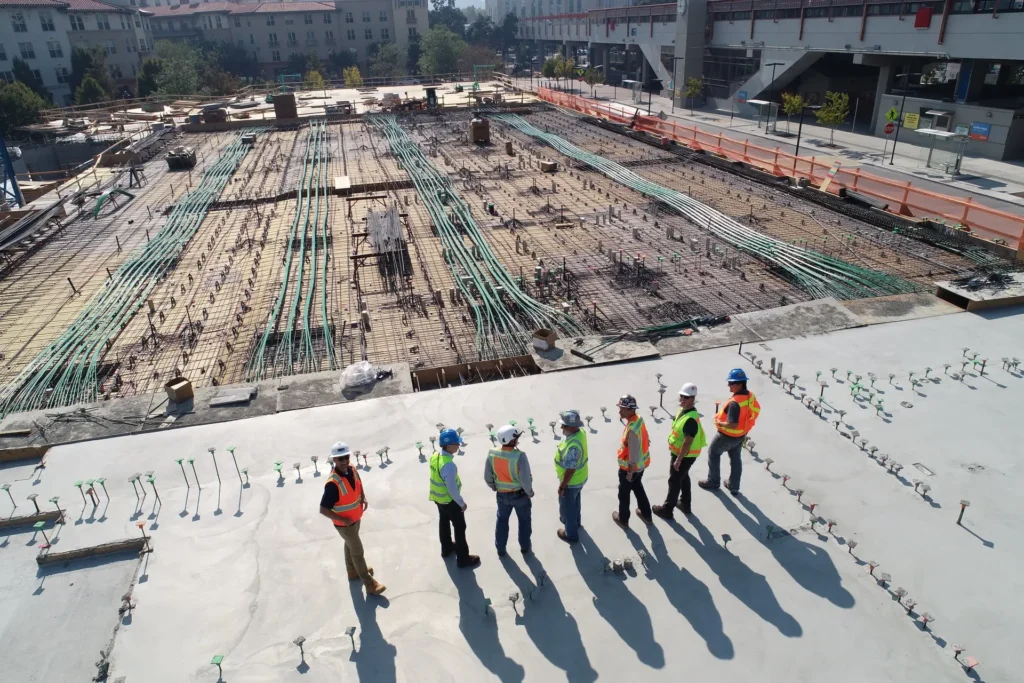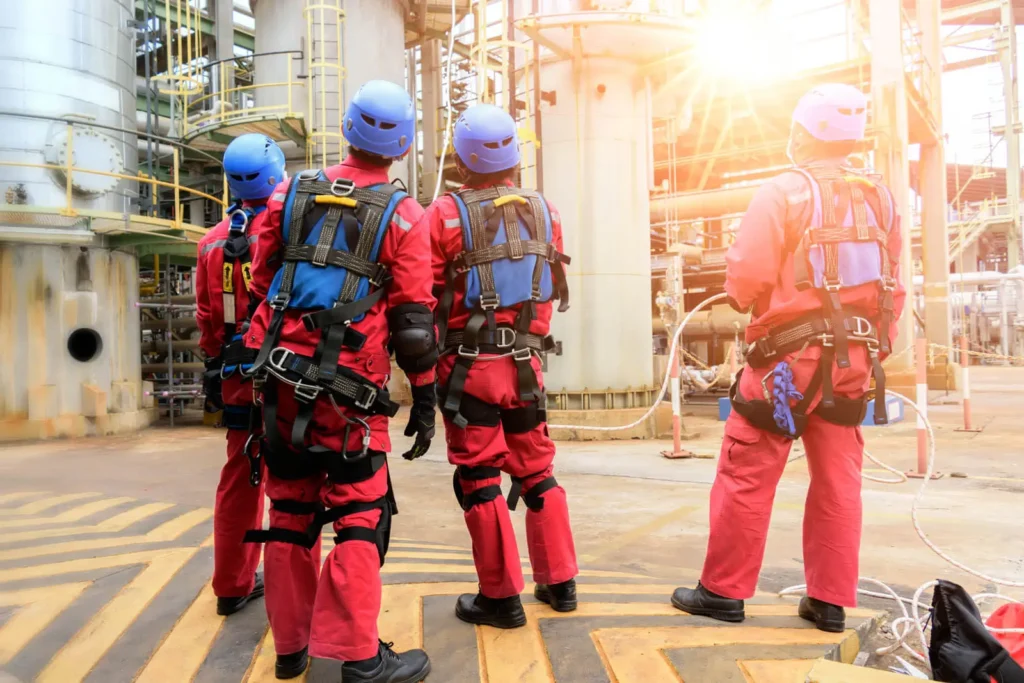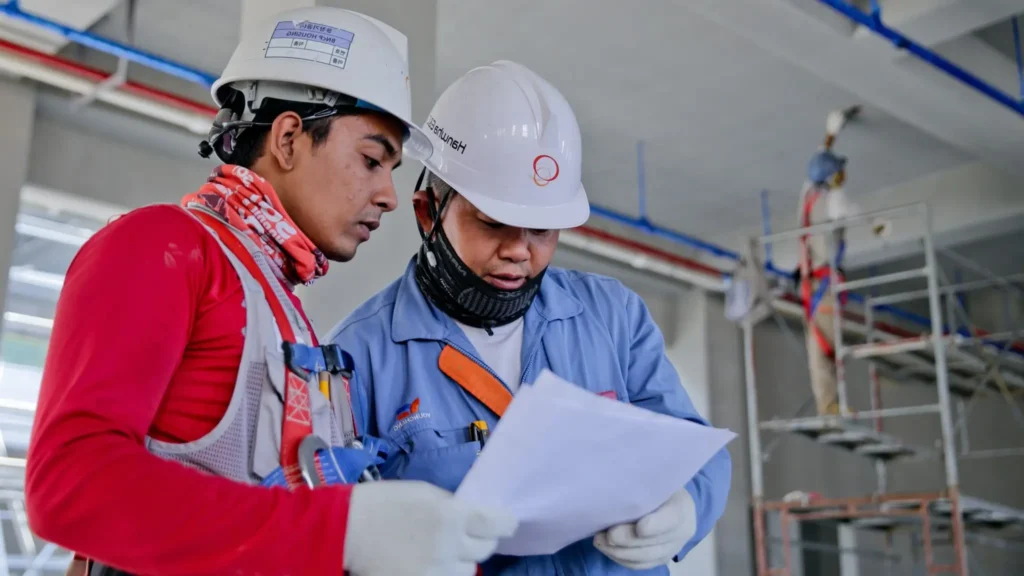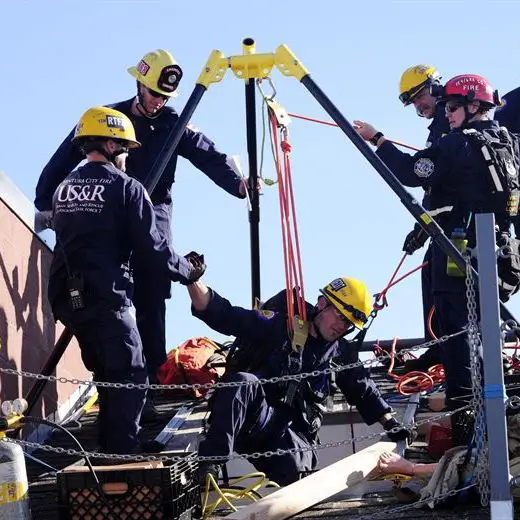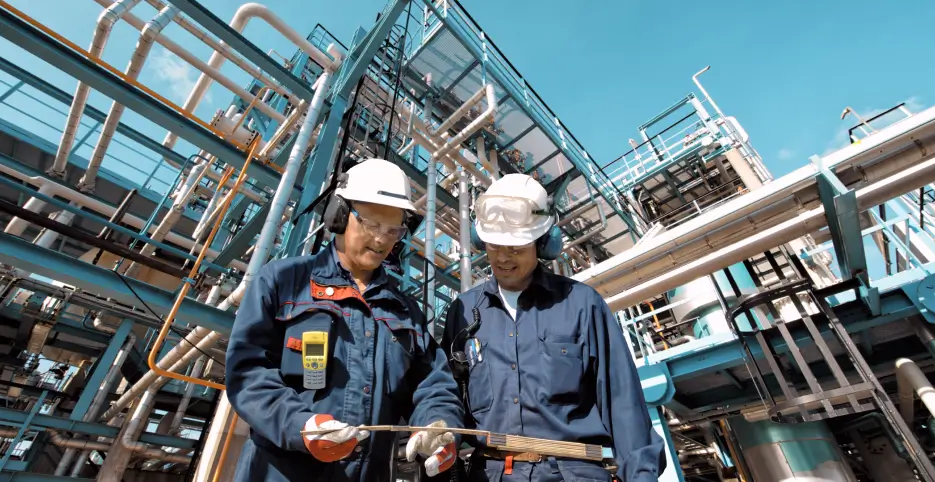The duties of safety personnel vary from site to site. Depending on the unique needs of your work, there could be a need for specific, specialized personnel or more general team members. The type of work being done and the scale of that work also changes the number of people required on any given site.
Most safety personnel act in an advisory capacity rather than operating anything on the job site. However, their role is critical due to OSHA, state, and federal requirements. Failing to meet any of these requirements can lead to fines, litigation, and other issues for your business.
While these roles and responsibilities vary, they can be defined as any combination of the following:
- Creating and executing a safety program
- Establishing safety best practices on the site
- Ensuring employees are following those best practices
- Investigating accidents to reduce their likelihood
- Arranging and initiating safety meetings
- Keeping records of safety protocols, accidents, and infractions
Note that these are just some of the responsibilities safety personnel perform on a job site, as their experience and abilities may make them able to do more tasks beyond these.Ultimately, their mission is to create a safe environment, which is detailed further in our article Safety Personnel: Reduce Risk On Any Job.


